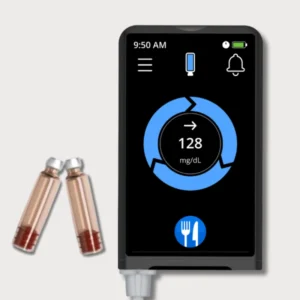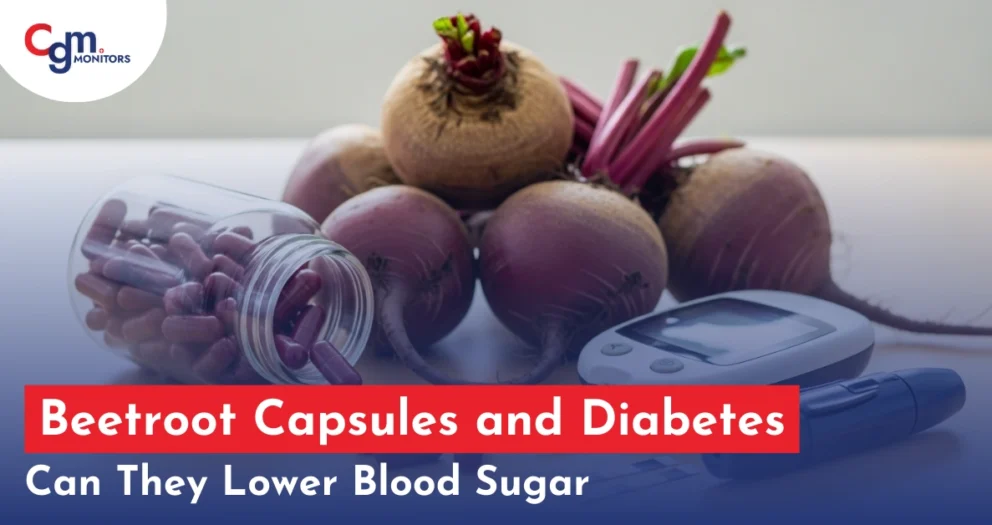Table of content
Dry mouth, also known as xerostomia, is a common issue for many people with diabetes. If you’ve been experiencing an unusual level of dryness in your mouth, it’s important to understand how diabetes might be contributing to this problem and what you can do to manage it. In this blog, we’ll explore the connection between diabetes and dry mouth, its causes, and practical solutions to help you find relief.
What Is Dry Mouth?
Diabetes and dry mouth occur when the salivary glands don’t produce enough saliva to keep the mouth moist. Saliva is essential for oral health as it helps with digestion, keeps the mouth clean, and protects against tooth decay and gum disease. When saliva production decreases, it can lead to discomfort and a variety of oral health issues.
How Diabetes Contributes to Dry Mouth
High Blood Sugar Levels:
Diabetes can cause blood sugar levels to rise, which can lead to increased thirst and frequent urination. This increased fluid loss can contribute to dehydration and dry mouth. To continuously monitor your blood sugar level, you need a CGM Devices at https://cgmmonitors.com/
Diabetic Neuropathy:
Over time, high blood sugar levels can damage nerves throughout the body, including those that control salivation. This nerve damage can reduce saliva production.
Medication Side Effects:
Many people with diabetes take medications to manage their condition, and some of these medications can cause dry mouth as a side effect.
Mouth Breathing:
People with diabetes who suffer from conditions like sinus infections or sleep apnea might breathe through their mouth more often, leading to dryness.
Infections:
Diabetes increases the risk of infections, including oral infections like candidiasis (thrush), which can contribute to dry mouth and discomfort.
Symptoms of Dry Mouth
Diabetes and dry mouth can present with various symptoms, including:
Sticky, Dry Feeling: A persistent dry or sticky feeling in the mouth.
Sore Throat: Discomfort or soreness in the throat.
Difficulty Swallowing or Speaking: Trouble swallowing food or speaking clearly.
Bad Breath: Foul-smelling breath due to reduced saliva.
Cracked Lips: Dry, cracked, or chapped lips.
Sores or Infections: Increased occurrence of mouth sores or fungal infections.
Managing Diabetes and Dry Mouth
Maintain Good Blood Sugar Control:
Keeping blood sugar levels within the target range can help minimize the risk of dry mouth. Regular monitoring and effective diabetes management are key, that is possible with CGM Devices, you can get these devices from our website at https://cgmmonitors.com/
Stay Hydrated:
Drink plenty of water throughout the day to stay hydrated and help keep your mouth moist. Avoid sugary or caffeinated drinks, as they can exacerbate dryness.
Use Saliva Substitutes:
Over-the-counter saliva substitutes or mouth moisturizers can provide temporary relief from dry mouth. These products come in gels, sprays, or lozenges.
Practice Good Oral Hygiene:
Brush your teeth at least twice a day with fluoride toothpaste, floss daily, and visit your dentist regularly. Good oral hygiene helps prevent complications associated with dry mouth.
Chew Sugar-Free Gum:
Chewing sugar-free gum or sucking on sugar-free candies can stimulate saliva production and help alleviate dry mouth.
Avoid Alcohol and Tobacco:
Both alcohol and tobacco can contribute to dry mouth and oral health issues. Reducing or eliminating their use can improve your symptoms.
Adjust Medications:
If you suspect that your medications might be causing dry mouth, discuss alternative options with your healthcare provider. Do not stop or change medications without professional guidance.
Use a Humidifier:
Adding moisture to the air with a humidifier, especially during dry seasons, can help alleviate mouth dryness.
When to Seek Professional Help
If diabetes and dry mouth persists despite trying these measures, or if it leads to severe discomfort or complications, it’s important to consult with your healthcare provider or dentist. They can help determine the underlying cause and recommend appropriate treatments or adjustments to your diabetes management plan.
Conclusion
Diabetes and dry mouth are a common issue for people with diabetes, but understanding its causes and taking proactive steps can help manage and alleviate the discomfort. By maintaining good blood sugar control, staying hydrated, and practicing good oral hygiene, you can reduce the impact of diabetes and dry mouth on your daily life. Always seek professional advice if you have concerns or if symptoms persist, to ensure optimal management of your overall health.














Write a comment
Your email address will not be published. All fields are required